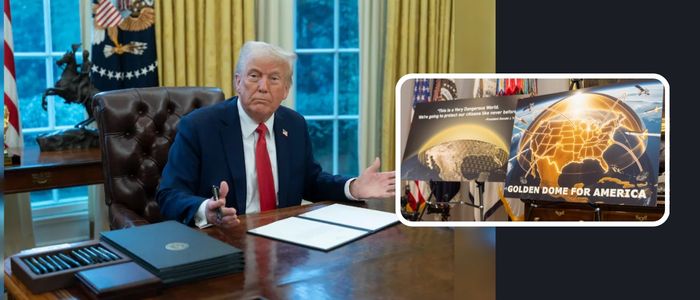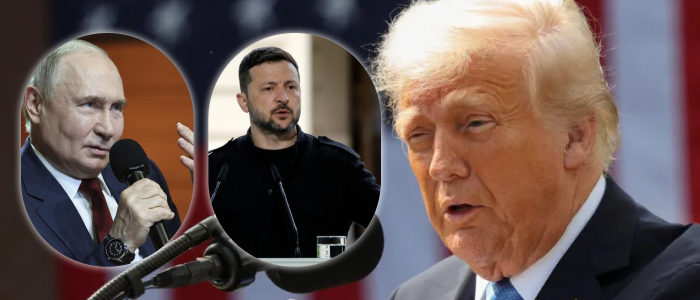Legal Debate and Real-World Impact
Trump's order was signed on his first day back in office and quickly drew legal challenges. Lower courts issued nationwide injunctions to stop it, and now the Supreme Court must decide if those broad rulings are appropriate. Trump's legal team argues that single judges shouldn't be allowed to stop policies for the entire country, claiming it disrupts the balance of power between the executive and judicial branches.
However, critics say that nationwide injunctions are necessary to protect constitutional rights, especially in cases where thousands—or even hundreds of thousands—could be affected. If Trump's request is granted, only the 18 people who originally sued would be exempt from the order, leaving others to pursue costly individual lawsuits or file complex class actions.
The case also revisits the meaning of the 14th Amendment, which since 1868 has guaranteed citizenship to anyone born on U.S. soil. That right was reaffirmed in the 1898 U.S. v. Wong Kim Ark case, which held that children born in the U.S. to foreign nationals were citizens.
Broader Questions on States' Rights and Court Authority
Another key issue in this case is whether individual states had the right to sue the Trump administration over this order. The administration argues they did not, while the 22 states involved say they are directly harmed. They explain that state budgets rely on federal funds linked to the number of children with legal status, and losing that funding would hurt programs like healthcare and education.
The court has recently limited when states can sue the federal government, citing a lack of standing in similar cases. Justice Amy Coney Barrett wrote two of those opinions, and the Justice Department is referencing them heavily in this case.
Also under review is whether the courts should be allowed to issue universal injunctions at all. Trump's team wants to end them completely, arguing they were nearly nonexistent in early American legal history. However, some justices might favor a more limited approach, choosing to restrict—not eliminate—such injunctions.
What's at Stake
The Supreme Court's decision could have far-reaching consequences. A ruling in Trump's favor could change how federal courts operate, reduce states' legal power, and limit protections for children born to non-citizens. Justices will weigh whether the administration faces irreparable harm if current court orders remain in place—and whether constitutional rights are being threatened in the process.
Even some legal experts who support limiting court powers worry that this case may not be the right vehicle for such a decision, due to the deep constitutional implications tied to birthright citizenship.
Stay informed with Newsbuck – your go-to source for global news, trends, and updates across tech, health, politics, and more. Trusted stories, delivered fresh. Explore more on Newsbuck!













